
Osteoarthritis affects millions, but early diagnosis, proactive care, and treatment can help manage pain and restore mobility, enabling a more comfortable, active life.

The Face of Osteoarthritis:
Jack (49) played football in high school and college, but as he aged, his activity went down, his weight went up, and an old knee injury kept flaring up. He wants to work out with his son, but his knee pain stops him from moving much these days.
Mary (73) has a long history of knee pain, but she can’t even consider surgery right now because she’s caring for her husband who has dementia. She’s been neglecting her own care for a long time because she can’t be away from her husband for long. She isn’t sure what she’ll do.
Charlie (67) is a 3rd generation carpenter. He learned the trade from his grandfather and he wants to share his skill with new generations of his family. But hip pain makes it impossible to continue doing the work he loves. He’s not ready to retire for good, but he worries about pushing himself too hard through the pain.
Jack, Mary, and Charlie are just three of millions of people who are affected by osteoarthritis (OA) every day. OA can make movement painful and can limit a person’s ability to participate in work, social activities, and family gatherings.
Prevalence:
You probably know somebody like Jack, Mary, or Charlie. 1 in 2 adults in the US (126.6 million Americans) are affected by a musculoskeletal disease like osteoarthritis. In fact, musculoskeletal diseases occur at twice the rate of heart and lung diseases. The number of people living with osteoarthritis globally increased 132% from 1990 to 2020. Due to increasing lifespans, this number is expected to continue to grow (NIH).
Osteoarthritis has a large financial impact as well. With over 1 million joint replacement surgeries performed every year and countless nonsurgical treatments, $303 billion is spent annually in treatments and lost wages.
Reassurance:
Although pain from arthritis is prevalent, it does not have to be your destiny. Early evaluation is key to catching arthritis early, so make sure to schedule an appointment with your doctor when you start experiencing symptoms such as:
Operative (surgery) and non-operative treatments (movement, nutrition, weight management) can help to manage or even prevent the symptoms of arthritis.
Reduce the Impact:
Osteoarthritis is a challenging condition that impacts millions, but it doesn’t have to define your life. With early diagnosis, proactive management, and access to various treatment options, it’s possible to regain mobility and reduce pain. By prioritizing care and seeking guidance from healthcare professionals, individuals like Jack, Mary, and Charlie can find pathways to live more comfortably and stay connected to the activities and people they love.